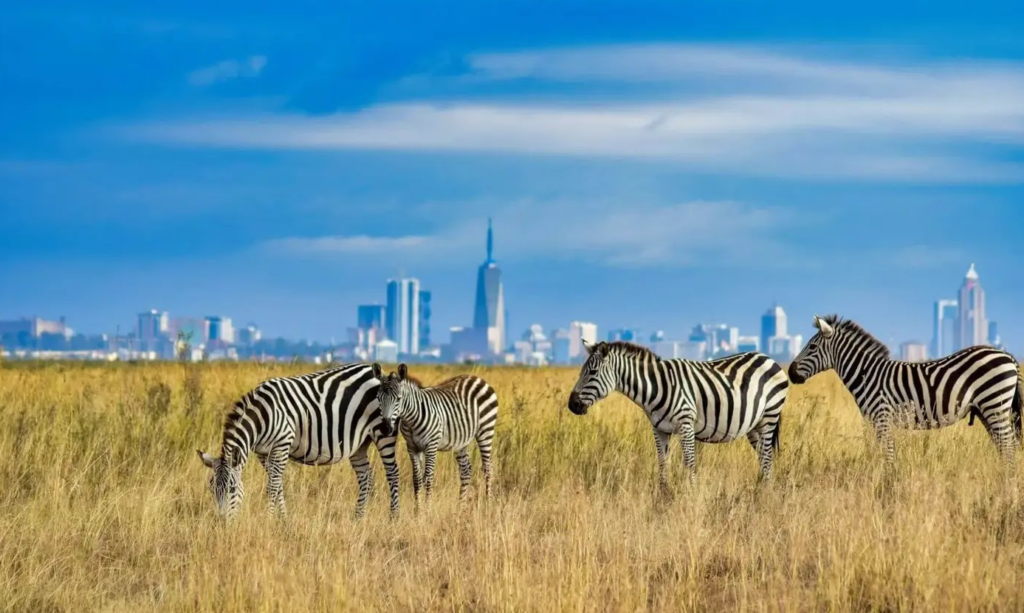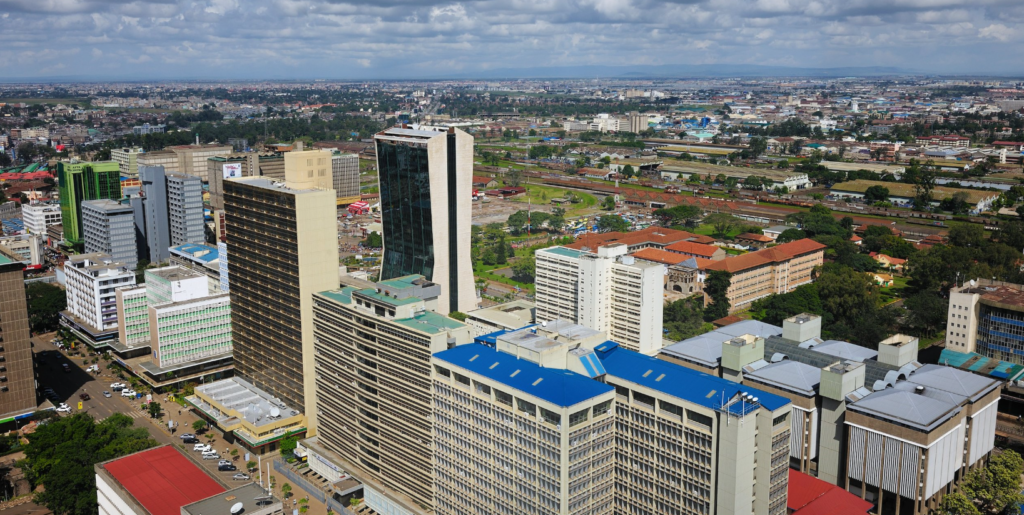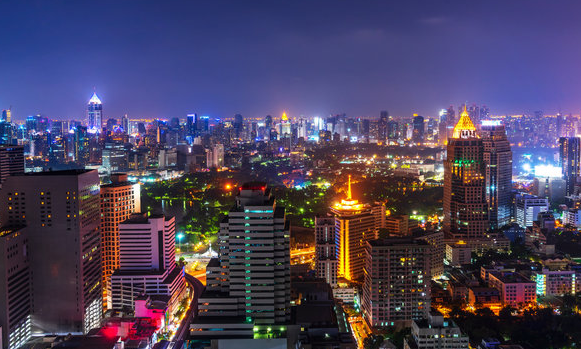Nairobi, Kenya’s bustling capital, is a city that seamlessly blends urban sophistication with natural wonders. As you embark on your journey, having practical information at your fingertips will ensure a smooth and enjoyable experience. This guide covers essential aspects of navigating Nairobi, including maps and directions, local services, cultural etiquette, language assistance, and safety tips.

(https://www.soloadventures.co/2024/03/the-independent-travelers-guide-to.html)
1. Navigation and Maps
Getting Around Nairobi
Navigating Nairobi can be a delightful experience if you have the right tools. Here are some options to help you get around the city efficiently:
- GPS Services: Google Maps is highly reliable for navigating Nairobi. It provides accurate directions, traffic updates, and estimated travel times. Other GPS apps like Waze can also be useful, especially for real-time traffic information.
- Offline Maps: Download offline maps from Google Maps or Maps.me before your trip. This ensures you can navigate even without an internet connection.
- Local Maps: Pick up a physical map from your hotel or a tourist information center. These often highlight key attractions, public transport routes, and other useful information.
2. Local Services
Restaurants and Cafes
Nairobi boasts a vibrant culinary scene with options ranging from local delicacies to international cuisines:
- Local Cuisine: For an authentic taste of Kenya, visit Carnivore Restaurant, famous for its nyama choma (barbecued meat), or try Swahili dishes at Talisman.
- International Cuisine: Enjoy Italian dishes at La Dolce Vita, Indian flavors at Haandi, or Japanese cuisine at Misono.
- Cafes: For a relaxing coffee break, visit Artcaffe, known for its pastries and coffee, or Java House, a popular chain offering a variety of beverages and snacks.
Shopping
Nairobi offers a range of shopping experiences, from bustling markets to modern malls:
- Markets: Visit Maasai Market for traditional crafts, jewelry, and souvenirs. The market operates at different locations around the city on various days.
- Malls: Westgate Shopping Mall, Village Market, and Two Rivers Mall are excellent for shopping, dining, and entertainment.
Emergency Services
Knowing where to find emergency services is crucial:
- Police: Dial 999 or 112 for police assistance.
- Medical Facilities: Nairobi Hospital, Aga Khan University Hospital, and Kenyatta National Hospital are among the top medical facilities in the city. Ensure you have travel insurance that covers medical emergencies.
3. Cultural Etiquette
Respecting Local Customs
Understanding and respecting local customs will enhance your experience and help you avoid cultural misunderstandings:
- Greetings: A handshake is the common form of greeting. It’s polite to greet people with a smile and maintain eye contact. In more formal settings, use titles such as Mr., Mrs., or Dr. followed by the surname.
- Dress Code: While Nairobi is relatively cosmopolitan, modest clothing is advisable, especially when visiting religious sites or rural areas. Avoid overly revealing clothing.
- Dining Etiquette: When invited to a local’s home, it’s customary to bring a small gift, such as flowers or sweets. It’s polite to wait for the host to indicate where you should sit and to start eating.
- Public Behavior: Displaying affection in public is generally frowned upon. Be mindful of your behavior to show respect for local norms.
4. Language Assistance
Communicating in Nairobi
Although English and Swahili are widely spoken, having some language assistance can enhance your experience:
- Basic Phrases: Learning a few basic Swahili phrases can go a long way. Common phrases include “Jambo” (Hello), “Asante” (Thank you), and “Tafadhali” (Please).
- Translation Services: Google Translate is a useful app for on-the-go translations. It can translate text, speech, and even images.
- Phrasebooks: Carrying a small Swahili phrasebook can be handy, especially in areas where English is less commonly spoken.
- Language Apps: Apps like Duolingo and Babbel can help you learn some basic Swahili before and during your trip.
5. Safety and Security
Staying Safe in Nairobi
While Nairobi is generally safe for tourists, being aware of potential risks and taking precautions is essential:
- Safe Areas: Tourist areas like Karen, Westlands, and Gigiri are generally safe. Stick to well-lit and populated areas, especially at night.
- Common Scams: Be wary of common scams such as overcharging for services, fake guides, and street vendors selling counterfeit goods. Always agree on fares with taxi drivers before the ride and avoid dealing with unofficial guides.
- Transport Safety: Use reputable taxi services or ride-sharing apps like Uber and Bolt. Avoid using unregistered taxis and be cautious when using public transport like matatus (minibuses).
- Personal Belongings: Keep your belongings secure. Use a money belt or a secure bag to carry valuables. Avoid displaying expensive items like jewelry, cameras, and smartphones in public.
- Local Laws and Regulations: Familiarize yourself with local laws, such as restrictions on photographing government buildings and military installations. Drug laws are strict, and penalties for possession can be severe.

(https://www.expedia.ca/Nairobi.dx178290)
Conclusion
Navigating Nairobi successfully requires a mix of modern tools and traditional practices. Using reliable maps and GPS services will help you get around, while understanding local services and cultural etiquette will enhance your experience. Effective communication through language assistance and staying vigilant about safety and security will ensure your trip is enjoyable and hassle-free. With this comprehensive guide, you’re well-equipped to explore Nairobi’s rich offerings with confidence and ease. Enjoy your journey in the Green City in the Sun!
We also recommend: Essential Practical Information for Tourists Visiting Nairobi
Previous article: Pre-Trip Planning in Nairobi: A Comprehensive Guide for Tourists









Leave a Reply